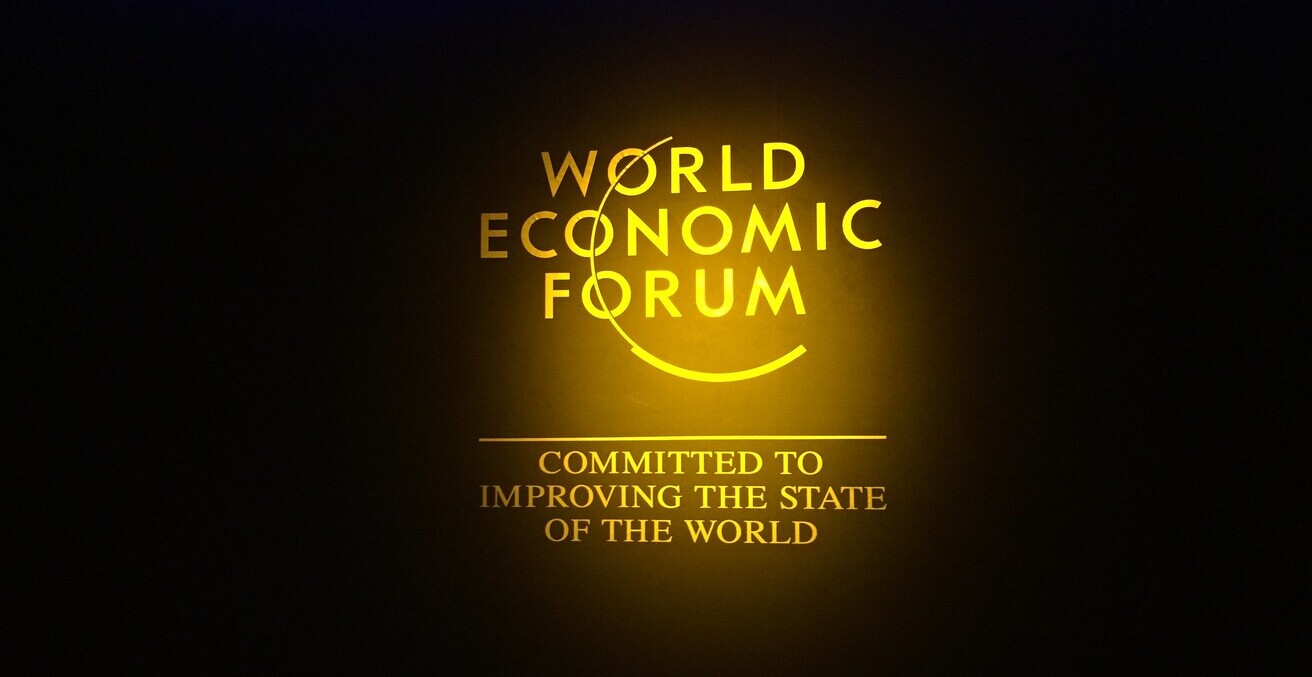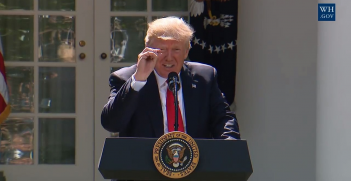Summit Season is Back: A Different Davos

The first World Economic Forum annual meeting was held last week in Davos, the first since the onset of COVID-19. Though the summit discussed a broad range of issues, the environment was front and centre.
Davos is back. After two year’s absence caused by the COVID-19 pandemic, the world’s most successful geopolitical, business, technology, and environment networking group convened in the modest Swiss mountain town for the annual meeting of the World Economic Forum (WEF).
Once again, making things happen and encouraging lively debate through four days of complex and multi-faceted programming, stood Professor Klaus Schwab. Fifty-one years ago, he founded the Forum that was to become what Rupert Murdoch once described as the “world’s best talking shop.”
The mission statement of the not-for-profit WEF is short but lofty: “Committed to improving the state of the world.” Over the years, Schwab has presided over some historic meetings at Davos. I watched as Nelson Mandela, not long after his release from a 27-year prison sentence, shook hands with South African president F.W. de Klerk, whom he later succeeded. And I witnessed Yasser Arafat, president of the Palestine Liberation Organisation in discussion with Israel’s foreign minister. Most memorable was when I was asked to vacate my room because the owner was preparing for a private lunch at the modest pensione. Being a journalist with a suspicious nature, I returned at midday to find all the leaders of the Warsaw Pact communist countries gathered for their first meeting with the West German chancellor.
The “old Davos” was always held in January, the mountains white with snow, a sports day in mid-week, the participants on skis and toboggans. The G7 leaders set up shop at the ritzy Belvedere Hotel, surrounded by their advisers. George H Bush, Bill Clinton, Margaret Thatcher, Tony Blair, and Lee Kuan Yew were among the world’s presidents and prime ministers, along with CEOs from the world’s biggest companies and leaders from the worlds of science, technology, and the arts.
But this year’s Davos was different. Some faces were familiar, for example, Henry Kissinger, Bill Gates, and George Soros, but many of the 300 chief executives were new, with a large number from the Asia Pacific and South America. The backdrop was the green sunlit uplands of late May, but the mood was sombre. How could Davos improve the state of a world faced by seemingly unsurmountable challenges? What to do about a reckless, brutal, and unnecessary war in Ukraine that threatens to spread across Europe? How to tackle the rapidly rising poverty that may bring starvation to over 250 million people. As the head of the United Nations Food Program told Davos, Russia’s blockade of Odesa and other grain exporting ports is turning a disaster into a catastrophe. Democracy is under threat despite United States President Joe Biden’s drive to rekindle it in the face of increasingly autocratic governments in the Middle East, parts of Asia, and Latin America. Leaders at Davos even debated whether there was a future for globalisation, using as a guide a special report Four Futures for Economic Globalisation (which is worth reading). Professor Schwab summed up the theme of the meeting as “history at a turning point.”
Arguably, the biggest conundrum for over two thousand people gathered in Davos was what to do about climate change which, as I reported recently, is now in a state of drift because of the surge in oil and gas prices to record levels. At Davos, the better part of a day was devoted to this subject, with hundreds of contributions. For me, however, most interesting was the debate headlined Turning up the Heat on Greenwashing. A revealing contribution came from former United States vice-president Al Gore who described greenwashing as the major obstacle to solving the climate crisis: “It is made up of falsehoods and clever PR and it has got to stop,” he said. “Lobbying by big companies, campaign contributions, the capture of policy making, the control of politicians with money, has made it impossible to pass climate legislation. Our democracy has been bought, it has got to stop.”
What is greenwashing? It occurs when a company or organisation spends more time and money on marketing themselves as being sustainable than on minimising their environmental impact. With his usual grasp of statistics, Gore noted that more than 2,000 businesses are committed to climate change. However, according to a S&P report, only 37 percent have any targets at all and only 24 percent have net zero targets. Only 17 percent of the companies with the most emissions have targets that are acceptable.
On these occasions, Al Gore can be relied upon to come up with a new idea, and he did not disappoint. He announced the formation of a coalition called Climate Trace – Trace standing for “Tracking real time atmosphere carbon emissions.” This will be a coalition of artificial intelligence, technology, NGOs, and universities using data from 300 existing satellites; air, sea, and ground sensors; and internet streams to facilitate machine learning, creating algorithms for every sector and sub-sector of the economy. “This October, we shall publish exactly where the greatest greenhouse gas emissions are coming from and in what amounts,” said Gore, “… we will produce the top 500 sources of emissions in every sector of the economy in every country and region. It is going to make a dramatic difference so that investors, supply chains, governments and managers are all going to be laid out for the world to see.”
Gore and other members of the Davos panel agreed that companies need to be held to account, not just for the emissions created by the energy they burn in creating their products but also the damage caused when their products are used. In this way, oil companies would have a responsibility for the emissions caused by their customers. But it is not just oil companies to blame. Gore said, “If you look at the 60 largest banks, last year alone they financed $US 742 billion to develop new oil and gas production yet 44 of them had signed the net-zero banking pledge with great fanfare.”
Strongly backing the attack on greenwashing was Andrew (Twiggy) Forrest, Australia’s richest man, whose company, Fortescue Metals, burnt 700 million tonnes of diesel last year and produced 2.2 million tonnes of greenhouse gases but who has pledged to reduce that to zero by using new technology. Forrest, who ships his iron ore all over the world, says that the world shipping industry, if it were a country, would be the eighth largest global emitter. “We have the technology now to run our ships on green ammonia. That could happen by November this year,” he said. “We have the technology to run a train on green ammonia. Why aren’t we doing it? We are not doing it because we are getting away with greenwashing until we are held to account.” Forrest said companies will continue to cook up the planet until all those in the supply chain are held to account.
Of course, some of the biggest greenwashers are the politicians. Leaders like UK prime minister Boris Johnson, who told COP26 in November 2021 that the use of fossil fuels had to end, since then has commissioned new oil and gas fields in the North Sea and has decided to retain coal mines previously earmarked for closure.
Colin Chapman is editor-at-large of Australian Outlook and a fellow of the Australian Institute of International Affairs. He was president of AIIA New South Wales. Colin is a writer, broadcaster, and public speaker who specialises in geopolitics, international economics, and global media issues. He has held executive positions at the BBC and Financial Times.
This article is published under a Creative Commons Licence and may be republished with attribution.





